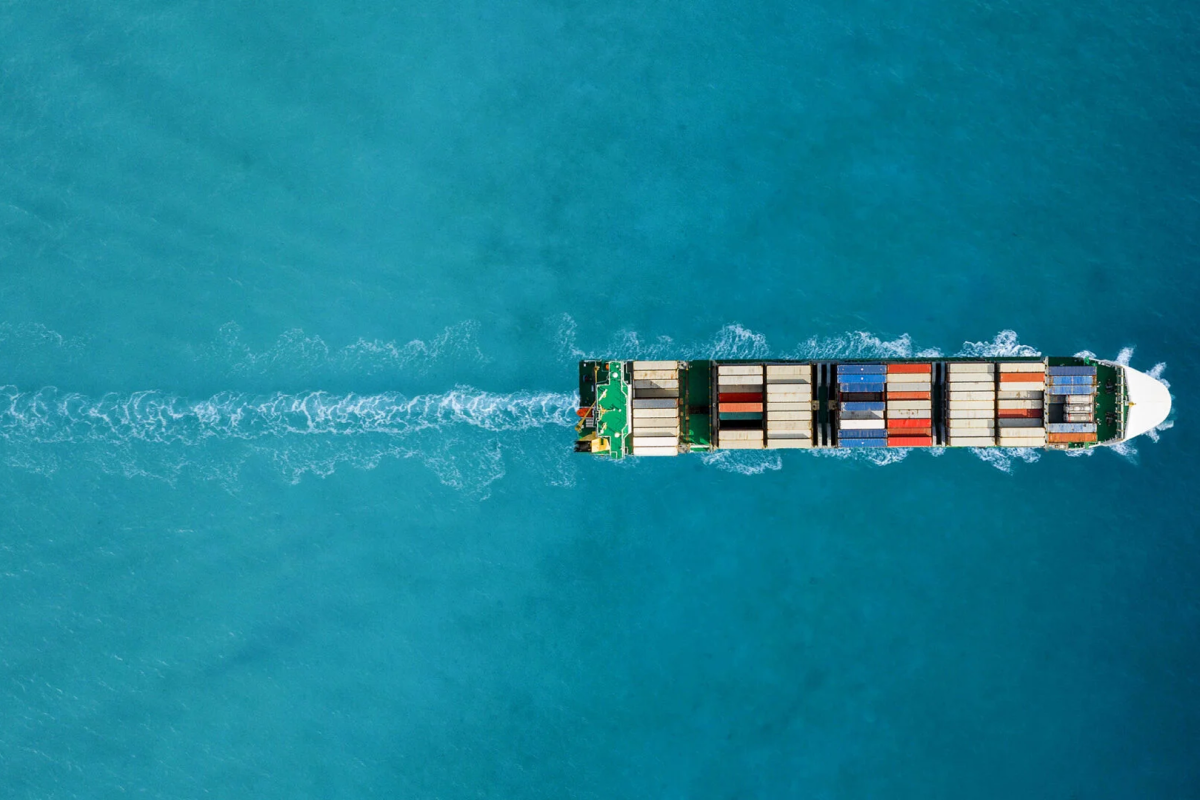The ocean has a hidden talent, honed over millennia: the ability to capture and store vast quantities of carbon dioxide, a key driver of climate change. However, the ocean’s natural carbon capture cycles, which take hundreds of thousands of years, cannot keep pace with human-generated carbon emissions. The global shipping industry alone contributes roughly 3% of global CO2 emissions.
Now, a new technology inspired by the ocean itself offers a potential solution. Researchers at USC and Caltech, in collaboration with startup company Calcarea, have developed a device to capture carbon emissions directly from cargo ships and other diesel-powered vessels that support the global shipping industry.
“Our technology mimics the ocean’s natural carbon capture process but at an exponentially faster rate,” said William Berelson, the Paxson H. Offield Professor in Coastal and Marine Systems at the USC Dornsife College of Letters, Arts and Sciences and one of the project’s lead researchers. “What takes nature years, our reactors achieve in mere minutes,” said Berelson, who spoke with USC News at AltaSea, the public-private ocean institute headquartered at the Port of Los Angeles — one of the largest harbors in the world and the busiest port in the United States by volume.
